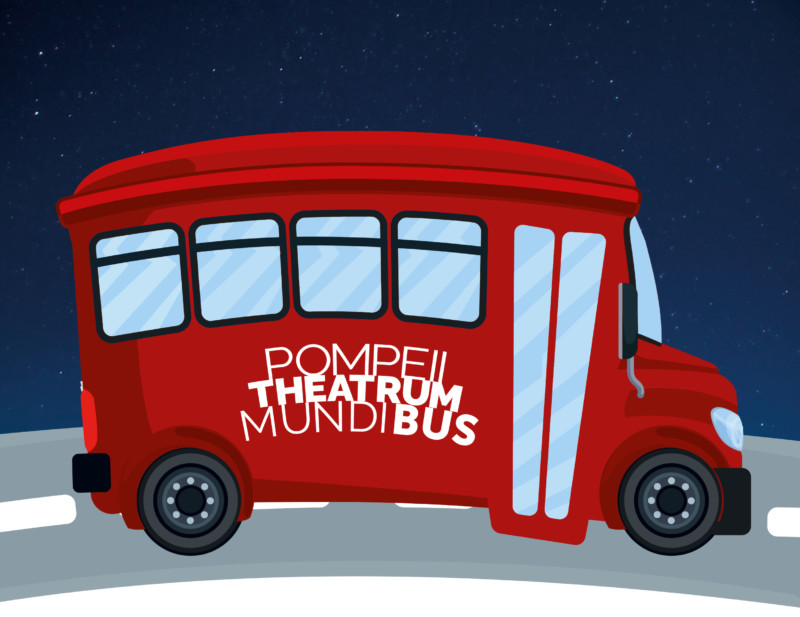
Fedra
by Seneca
| Large Theatre, 1 Gennaio |
| Large Theatre, 1 Gennaio |
Phaedra is the tragedy of human passion”, explains director Carlo Cerciello in his notes, “the tragedy of a woman who, for love, rises against the social and ethical rules of a society in which she identifies as a ‘privileged’ prisoner. Married to a man who is unfaithful to her, and at whose side she feels like a premature widow, Phaedra sees in the world of her stepson Hippolytus a mirage of freedom and passion for which she is willing to pay with her life. The two parental figures of the father Theseus and the son Hippolytus, that Seneca strategically never allows to cross each other’s path in the play, confuse and overlap in Phaedra’s imagination, to the point that a sudden replacement of the spouse with the son happens in the woman’s heart. Phaedra is, therefore, profoundly modern and tragically human. Seneca recognises, in his work, the deep truth of being human and thus fragile, and cherishes this woman who doesn’t fear redemption, her dignity and her modesty; she gives herself death, but she doesn’t give up on the tragic and sincere confession of her feelings to the very end. Nature is the further lead of this tragedy. A fascinating and cruel nature that both Hippolytus and Phaedra will helplessly try to reach. Their desire of living according to the laws of nature, in fact, will soon turn into ‘acting against nature’ for our unfortunate heroes. It will be so for Theseus, too: he will cause, to counterbalance his ‘unnatural’ return from the dead, bereavement and destruction in his own family. I will try to stage this outstanding tragedy about human feelings on my tiptoes”.



